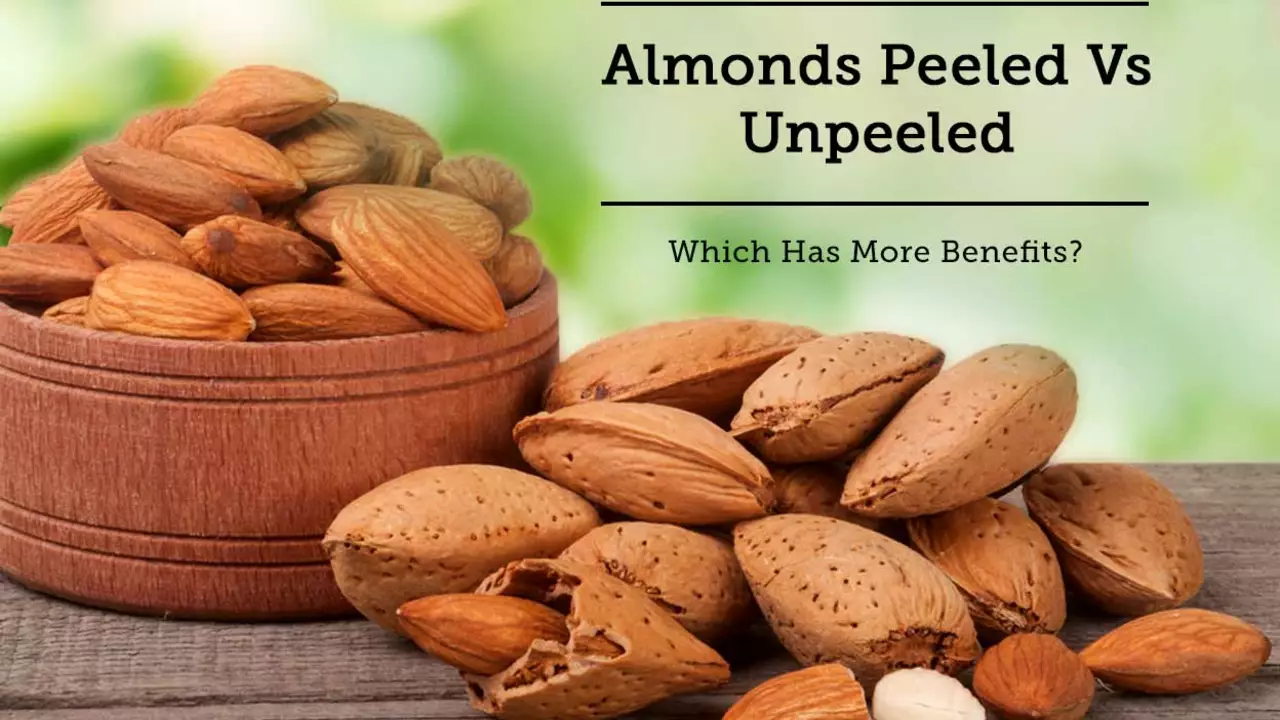Bitter almond: what it is and why people talk about it
Bitter almonds look like the sweet ones you buy at the store, but they pack a very different chemistry. People mention them when talking about food flavoring, essential oils, or poisoning risks. If you plan to use them at home, it helps to know what makes them special and what to avoid.
What are bitter almonds?
Bitter almonds are a naturally occurring variety of almond that contain amygdalin. When amygdalin breaks down, it can form hydrogen cyanide — the same toxin people warn about in apple seeds and apricot kernels. That’s also why bitter almonds taste strongly bitter, unlike the mild, nutty taste of sweet almonds.
Chefs and perfumers value the intense almond aroma. Industrial processes can extract benzaldehyde, the compound that gives almond flavor, without the toxic parts. That’s how commercial almond extract and flavorings get made — by isolating the safe aroma or making it synthetically.
Is it safe to eat bitter almonds?
Short answer: don’t eat raw bitter almonds. A few can cause serious symptoms, especially in children. Signs of cyanide poisoning include headache, nausea, stomach pain, dizziness, fast heartbeat, trouble breathing, and in severe cases, seizures. If you suspect poisoning, call emergency services or your poison control center right away.
Some household cooking techniques reduce toxins but don’t guarantee safety. Roasting, boiling, or blanching lowers amygdalin levels, but only industrial processing reliably removes the risk. Many countries restrict or ban the sale of raw bitter almonds for that reason.
Want almond flavor without the danger? Buy food-grade almond extract, which is safe and tested. You can also use sweet almonds plus a little store-bought extract when a recipe calls for that bitter almond note.
Other safe uses include perfumes and cosmetics made with properly processed bitter almond oil. If a product is labeled "for external use only" or "food-grade," check for safety certifications and ingredient testing.
If you grow almond trees, remember that trees can produce both sweet and bitter nuts. Taste a tiny bit of one nut only if you know the variety is safe. Better yet, consult a local nursery or extension service to identify the tree before sampling.
Final practical tips: never feed raw bitter almonds to kids or pets, avoid homemade extraction methods, and prefer tested food products for cooking. When in doubt, use sweet almonds or commercial extracts — they give the flavor you want without the risk.

